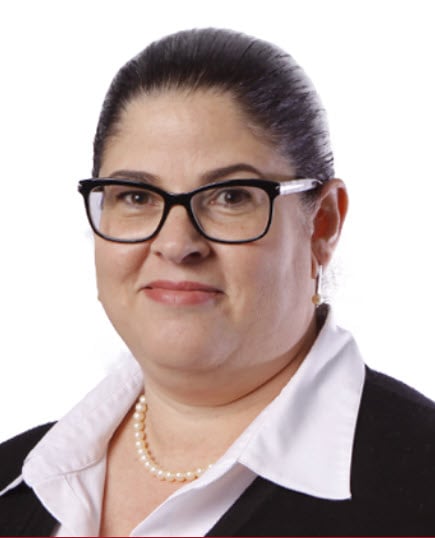In brief
The MAPA Integrity Recognition (“Selo Mais Integridade“) was created on 12 December 2018 by MAPA Ordinance No. 2462 to recognize and reward agribusiness companies for their integrity practices — particularly in terms of social responsibility, sustainability and ethics — in addition to validating their efforts to mitigate fraud, bribery and corruption. For 2021, agribusiness companies and cooperatives seeking recognition for these practices and for their commitment to prevent fraud and corruption have until 21 June to register for the Selo Mais Integridade 2021 to 2022.
The 2021 edition, the fourth staging of the award, had its regulation approved by MAPA Ordinance nº 32, of 2 May 2021, which aims to improve the awarding process of companies and cooperatives through the demonstration of evolution of the integrity programs.
The recognition now contemplates the participation of the fishing sector in the contest, besides foreseeing a better evaluation regarding the existence of Conduct Adjustment Agreements (TAC), judicial demands, and disreputable news involving the interested parties, as well as their partners or directors, when applicable.
The ceremony is scheduled for January 2022, and awards will be given for the following categories:
- Integrity and ethics
- Social responsibility (labor focus)
- Environmental sustainability
Companies that want to obtain the seal will soon be able to enjoy competitive advantages, such as the following:
- Advancing the company’s image in the market (both locally and internationally)
- Obtaining a competitive differential
- Adaptation to the growing market demand for suppliers with greater social and environmental responsibility
In this sense, we at Trench Rossi Watanabe can assist in the following undertakings, among others:
- Implementation or review of the compliance program, code of ethics and conduct from the perspective of the Anti-corruption Law
- Implementation or review of the Hotline Channel
- Training on anti-corruption compliance for employees
- Verification of ESG pillars (in addition to anti-corruption compliance, focused on the environmental, social and occupational health and safety spheres)
- ESG: verification of the degree of alignment with the Sustainable Development Goals (SDG) of the UN’s Agenda 2030
Click here to access the Portuguese version.
Disclaimer:
“Trench Rossi Watanabe and Baker McKenzie have executed a strategic cooperation agreement for consulting on foreign law.”





